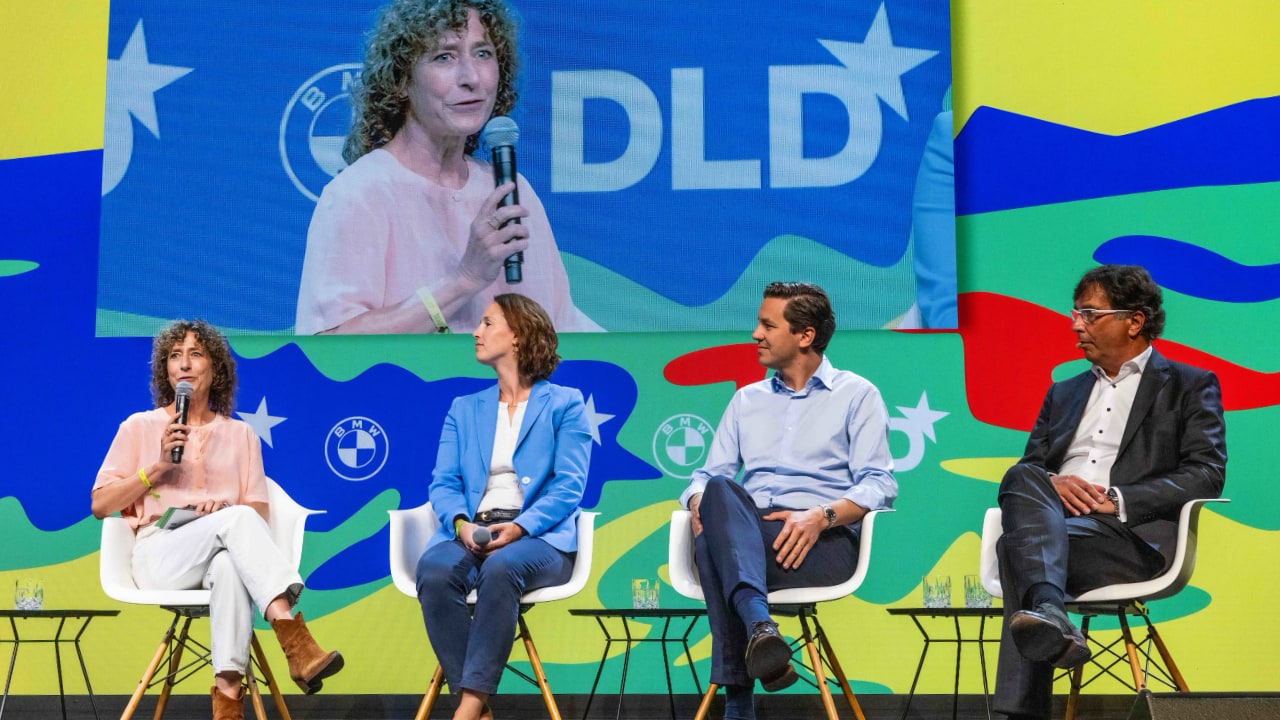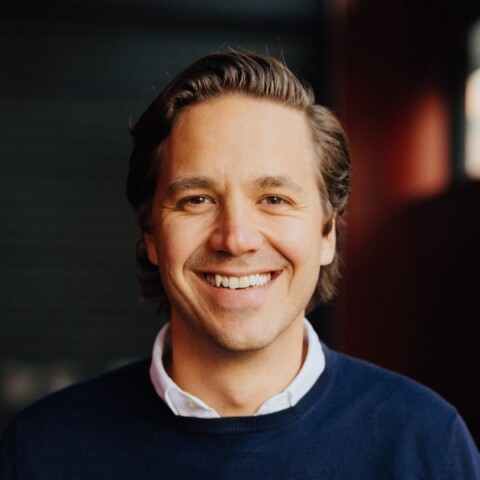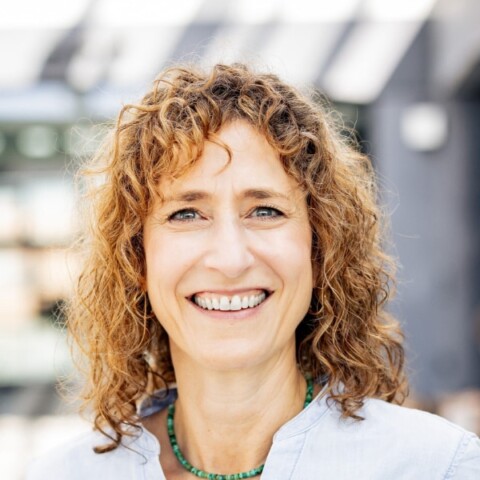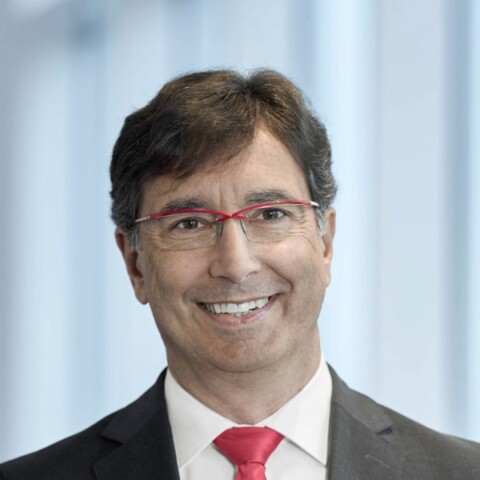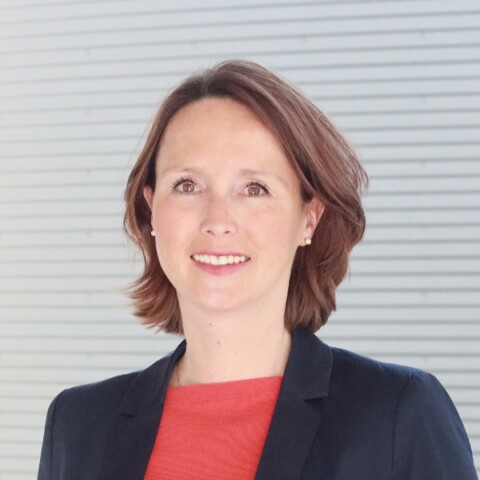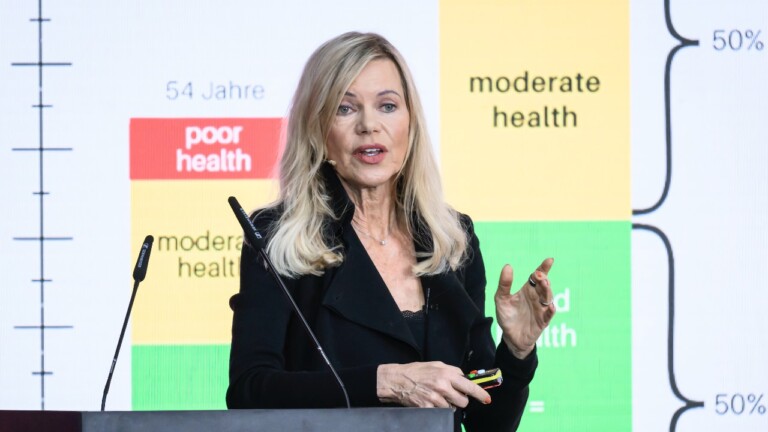How can automation and digital technologies scale the circular economy and bridge the gap between intention and action? Moderated by Susanne Kadner (Circular Republic), this DLD Future Hub panel discussion features expert insights by Christina Reuter (Technical University Munich), Felix Heinricy (Resourify) and Niko Mohr (Rittal/Friedhelm Loh Group).
Christina Reuter emphasizes the economic case for circularity. Reusing materials can reduce costs by over 20% and alleviate supply chain dependencies, she explains, particularly for scarce resources like copper.
Reusing and recycling offers other opportunities, too. “It’s not just about prolonging the life cycle”, Reuter notes, but also “to add more value to it, and more value for the customer” through additional functionalities and additional features when the products come back.
Niko Mohr shares his experience leading one of Europe’s most advanced Industry 4.0 factories. He underscores the transformative potential of digital twins, saying, “A digital twin is key to everything,” enabling precise tracking of components throughout their lifecycle to enhance recyclability and reduce material waste.
Felix Heinricy highlights the importance of data for his company’s mission to digitize resource and waste management. “We bring transparency to the resource and waste management”, he says. “We transform waste into a resource which then can be sold at the secondary raw material market, enabling the circular economy.”
Watch the video for details about AI’s role in fostering the transition to a circular economy.
